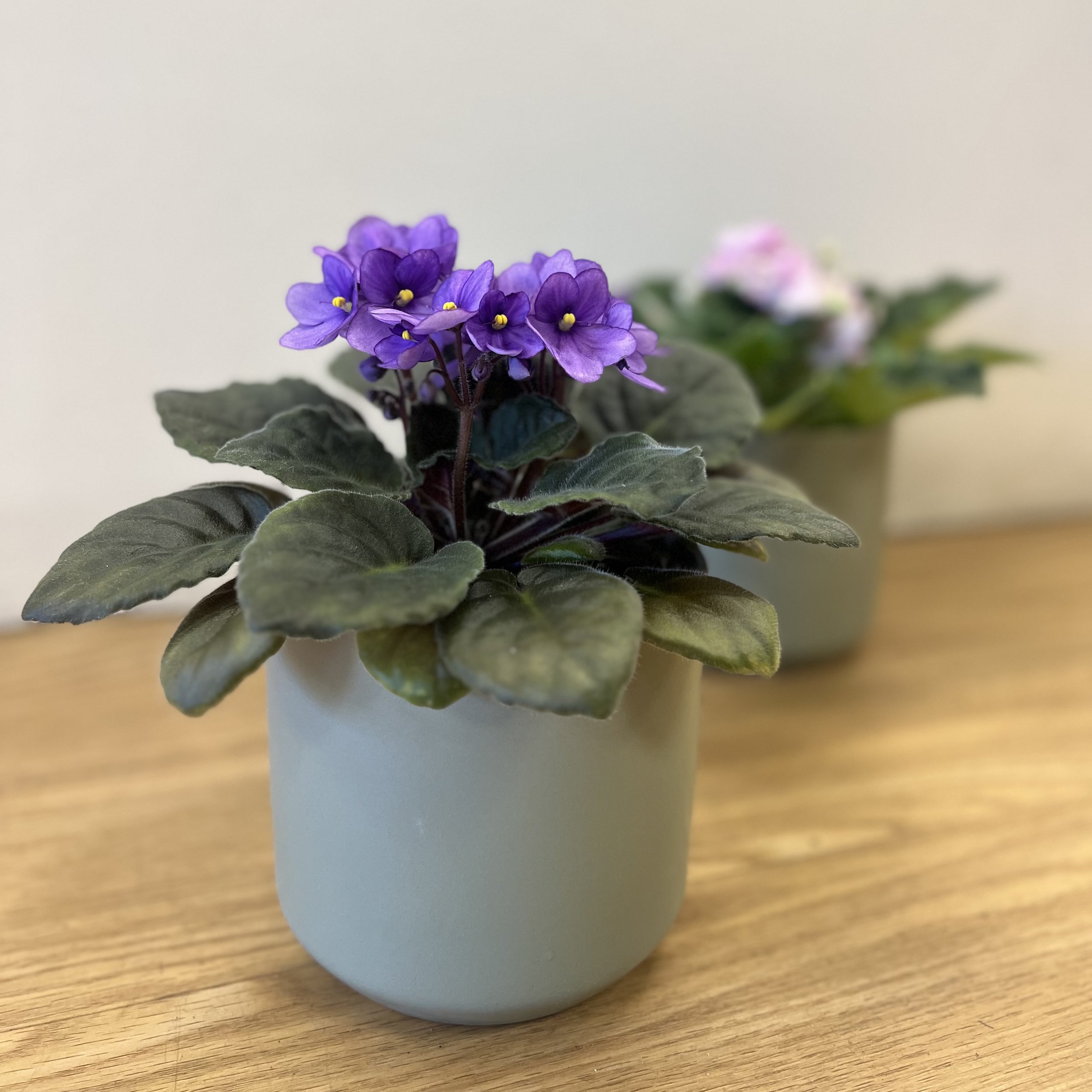 Image 1 of 2
Image 1 of 2

 Image 2 of 2
Image 2 of 2



Monstera minima
Monstera minima, sometimes called philodendron ‘ginny’ though it is not a true philodendron, is in the araceae family along with philodendron. This variety has the smallest leaves of all the monstera varieties. We love this big plant look in a small plant body. A lovely addition to your interesting plant collection will be best suited to an area of medium or dappled indirect light. Too much bright light can cause leaves to become scorched. It will appreciate a humid environment and the opportunity to dry out most of the way between waterings. Like all plants in the araceae family, this plant is somewhat toxic to pets and people due to the insoluble oxalate crystals present in all parts of the plant. A common secondary scientific name for this plant is Rhaphidophora tetrasperma.
Monstera minima, sometimes called philodendron ‘ginny’ though it is not a true philodendron, is in the araceae family along with philodendron. This variety has the smallest leaves of all the monstera varieties. We love this big plant look in a small plant body. A lovely addition to your interesting plant collection will be best suited to an area of medium or dappled indirect light. Too much bright light can cause leaves to become scorched. It will appreciate a humid environment and the opportunity to dry out most of the way between waterings. Like all plants in the araceae family, this plant is somewhat toxic to pets and people due to the insoluble oxalate crystals present in all parts of the plant. A common secondary scientific name for this plant is Rhaphidophora tetrasperma.









